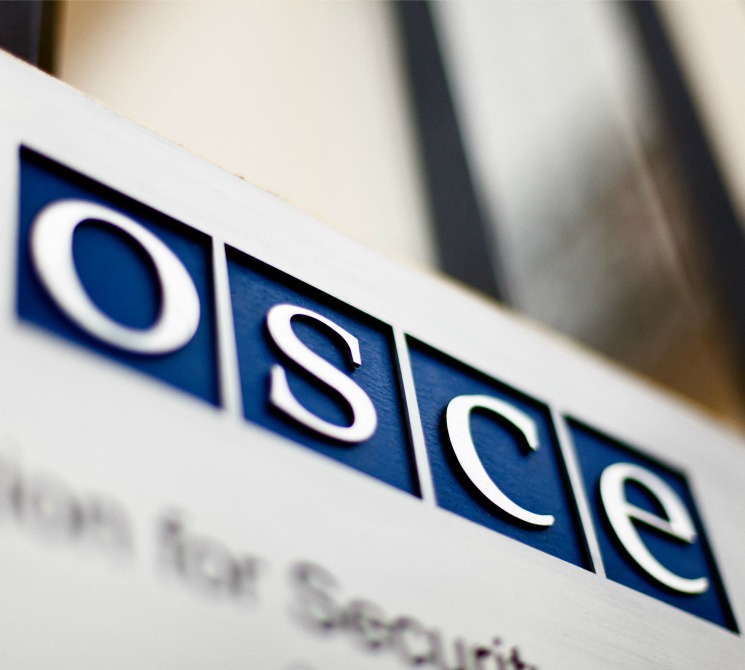This briefing detailed the progress of media freedom in newly democratic states, especially within Eastern Europe. The role of the media in the democratization process and methods for promoting freedom of the media were examined as well.
Witnesses testifying at the hearing – including David Webster, Chairman of the Trans-Atlantic Dialogue on European Broadcasting and Sandra Pralong, President of Democracy Works – detailed several major values that a free media promotes in the democratic process, including peaceful social change, education of the democratic electorate, dissenting opinions about the government and society in general, and transparency of political corruption.






